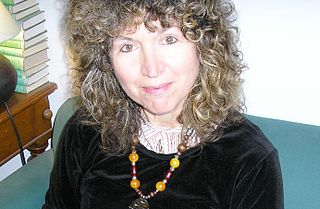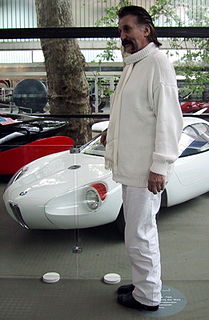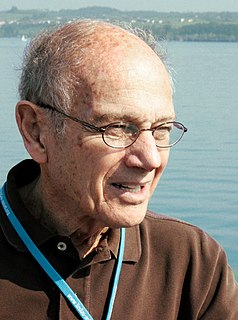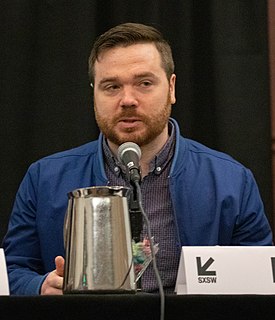A Quote by Walter Kirn
I studied English at Princeton in the early eighties in what I consider a period of high obscurity. Professors and students ran around discussing the work of critics and philosophers that I doubt they'd read or understood.
Related Quotes
At 16, when I was at Henry M. Gunn High School, I had a crush on the English teacher, and my grades improved dramatically. This great school had only 400 students, mostly children of Stanford professors, and it was more usual to have classes under one of the oak trees dotted around the campus than in the classroom.
I believe that the Bible is to be understood and received in the plain and obvious meaning of its passages; for I cannot persuade myself that a book intended for the instruction and conversion of the whole world should cover its true meaning in any such mystery and doubt that none but critics and philosophers can discover it.
I have studied the enemy all my life. I have read the memoirs of his generals and his leaders. I have even read his philosophers and listened to his music. I have studied in detail the account of every damned one of his battles. I know exactly how he will react under any given set of circumstances. And he hasn't the slightest idea of what I'm going to do. So when the time comes, I'm going to whip the hell out of him.
I studied physics at Princeton when I was a college student, and my initial intention was to major in it but to also be a writer. What I discovered, because it was a very high-powered physics program with its own fusion reactor, was that to keep up with my fellow students in that program I would need to dedicate myself to math and physics all the time and let writing go. And I couldn't let writing go, so I let physics go and became a science fan and a storyteller.
In some of the classes, especially the introductory religion courses I took, the professors can veer into a particular strain of religious anti-intellectualism. Professors typically aren't given tenure at Liberty, so there's pressure to hew to the party line on religious and social issues. I didn't see a whole lot of my professors encouraging critical thinking among their students. Which isn't to say that students don't engage critical thinking skills at Liberty - just that it wasn't part of my classroom experience there.
In the 19th century, the English were loathed. Every memoir that you read of that period, indicates the loathing that everybody felt for the English, the only difference between the English and Americans, in this respect, is the English rather liked being loathed and the Americans apparently dislike it intensely.
Create sacred spaces in the workplace as well. Classrooms, five years ago, professors would say, I don't want be a nanny to my students. They can do whatever they want. Now professors are saying, put away that laptop, because studies show that it not only takes away the attention of the person who's on the laptop from the class, but everyone around them. There's like a circle around that person that's distracted and not paying attention.







































